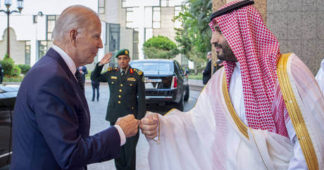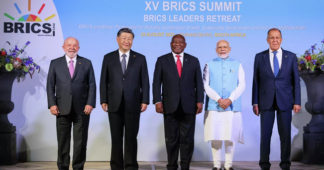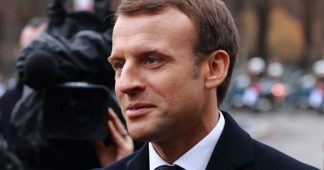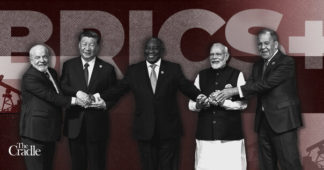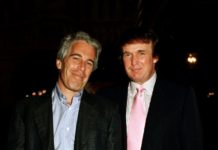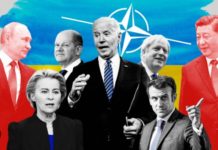The historic three-day BRICS Summit 2023 wrapped up on August 24 in the South African city of Johannesburg. What are the results of the event and how could it affect the global balance of power in the near future?
The leaders of Brazil, Russia, India, China, and South Africa, which together constitute the group of major emerging economies named BRICS, adopted the Johannesburg II Declaration on the final day of the 15th summit.
The member states committed to strengthening the framework of mutually beneficial BRICS cooperation under the three pillars of political and security, economic and financial, and cultural and people-to-people cooperation. They also committed to enhancing strategic partnership for the benefit of their people through the promotion of peace, a more representative, fairer international order, a reinvigorated and reformed multilateral system, sustainable development, and inclusive growth.
New Fair Trade and Financial System
BRICS called for maintaining the “open, transparent, fair, predictable, inclusive, equitable, non-discriminatory and rules-based multilateral trading system with the World Trade Organization (WTO) at its core.”
The group expressed its concerns about unilateral illegal measures affecting trade and proclaimed the need for creating a fair and market-oriented agricultural trading system that would help end hunger and achieve food security.
“We call for reform of the Bretton Woods institutions, including for a greater role for emerging markets and developing countries, including in leadership positions in the Bretton Woods institutions, that reflect the role of emerging markets and developing economies (EMDCs) in the world economy,” the declaration said.
Previously, BRICS leaders placed special emphasis on the rising role of the New Development Bank, founded by the group in 2015 to facilitate funding new infrastructure projects and various endeavors by developing nations.
Local Currencies & New Payment Systems as Alternative to Dollar
BRICS stressed the importance of encouraging the use of local currencies in international trade and financial transactions between members of the group as well as their trading partners.
The concept has taken on a new significance given the West’s weaponization of major reserve currencies in order to achieve its geopolitical objectives.
“We are concerned that global financial and payment systems are increasingly being used as instruments of geopolitical contestation. Global economic recovery relies on predictable global payment systems and the smooth operation of banking, supply chains, trade, tourism, as well as financial flows,” South African President Cyril Ramaphosa stated on Wednesday.
Likewise, a day earlier, Brazilian President Lula da Silva touched upon the idea of a “new reference unit” for BRICS nations, which would shield emerging markets from G7 currencies’ volatility caused by irresponsible monetary measures.
While the common currency concept was not discussed in detail during the 15th summit, Russian Finance Minister Anton Siluanov disclosed on August 22 that BRICS member states are continuing to discuss the creation of a “single unit of account.” Siluanov explained that it is not actually a single currency (akin to the euro in the EU), but an instrument “in which the cost of commodity deliveries and benchmarks for some goods can be expressed in order not to depend on a single currency or its issuing center.” The proposed single unit of account would become an alternative to the US dollar, per the minister.
Continue reading at sputnikglobe.com
We remind our readers that publication of articles on our site does not mean that we agree with what is written. Our policy is to publish anything which we consider of interest, so as to assist our readers in forming their opinions. Sometimes we even publish articles with which we totally disagree, since we believe it is important for our readers to be informed on as wide a spectrum of views as possible.
